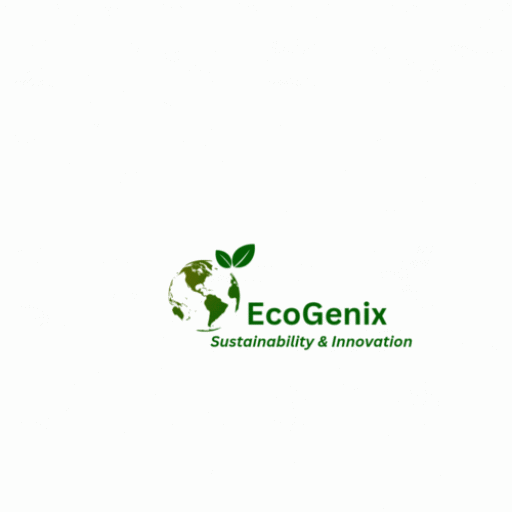Introduction
In the complex web of sustainable agriculture, the role of healthy soil cannot be overstated. Often regarded as the unsung hero beneath our feet, soil is the very foundation upon which our food systems rely. This article explores the crucial techniques that not only enhance fertility but also pave the way for a sustainable and resilient agricultural future.
The Essence of Soil Health: A Cornerstone of Sustainability
Healthy soil serves as the cornerstone of sustainable agriculture. It is a living, breathing ecosystem teeming with microorganisms, fungi, and a myriad of life forms essential for plant growth. Acknowledging the symbiotic relationship between soil health and agricultural productivity is fundamental to forging a sustainable path forward.
Understanding Soil Management Techniques: Enhancing Fertility
Enhancing soil fertility is a comprehensive tactic that demands an understanding of the soil’s composition. This article dives into various soil management techniques, including the incorporation of organic matter, cover cropping, and composting. These practices not only nourish the soil with essential nutrients but also promote microbial diversity, fostering a robust and dynamic environment for plant growth.
Guardians of the Earth: Preventing Erosion
Erosion, a silent threat to soil health, can lead to the loss of fertile topsoil and degradation of arable land. Soil erosion is a consequence of unsustainable farming practices and deforestation. This module places a spotlight on erosion prevention techniques, such as contour plowing, cover crops, and agroforestry. By adopting these practices, farmers can safeguard their fields against erosion, preserving the integrity of the land for future generations.
Reducing Reliance on Chemical Inputs: A Paradigm Shift
Modern agriculture has often relied on chemical inputs to boost crop yields. However, this approach comes with a heavy environmental toll. The soil health and conservation module advocate for a paradigm shift by reducing the dependence on chemical fertilizers and pesticides. Instead, it encourages the use of organic alternatives, fostering a balanced and resilient soil ecosystem that can thrive without the constant influx of synthetic inputs.
Emphasizing Long-Term Sustainability: A Vision for the Future
By adopting soil health and conservation practices, farmers contribute to the creation of resilient agricultural systems. These practices not only benefit the environment but also enhance the economic viability of farms. Investing in soil health is an investment in the future, ensuring that the land remains fertile and productive for generations to come.
The Call for Regenerative Agriculture: A Holistic Approach
The principles of regenerative agriculture are embedded in our soil health and conservation module. Regenerative practices focus on restoring and revitalizing the soil, emphasizing a holistic approach that goes beyond mere sustainability. Covering topics such as minimal tillage, crop rotation, and agroecological principles, this module encourages farmers to become stewards of the land, nurturing it for future harvests.
Empowering Farmers with Knowledge: Bridging the Gap
An essential aspect of this module is its role in empowering farmers with knowledge. By disseminating information about soil health and conservation techniques, it bridges the gap between traditional farming practices and innovative, sustainable approaches. Education becomes the catalyst for change, enabling farmers to make informed decisions that benefit both their livelihoods and the environment.
Conclusion: A Flourishing Future from the Roots Up
In the pursuit of sustainable agriculture, nurturing healthy soil is not just a practice; it’s a commitment to the well-being of the planet. As we explore soil health and conservation, we unearth a path towards a flourishing future—one where the land is resilient, crops are bountiful, and the delicate balance between human cultivation and nature’s wisdom is harmoniously maintained. This module serves as a guide, inviting farmers to cultivate not just crops but a legacy of stewardship and sustainability from the roots up.
Enrol for our courses today!
Article by:
Dr Wayne Tota
